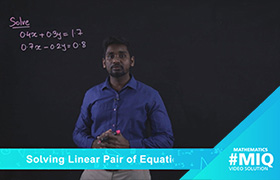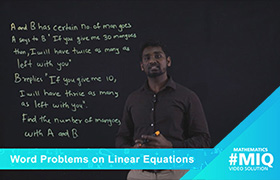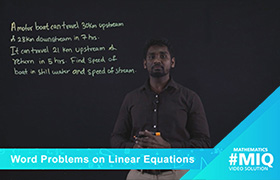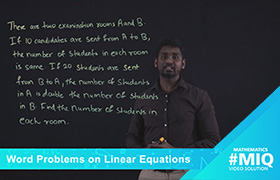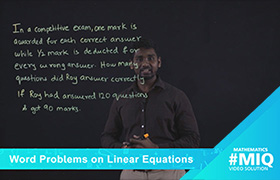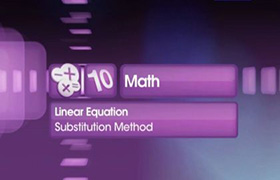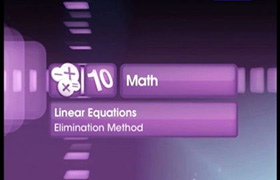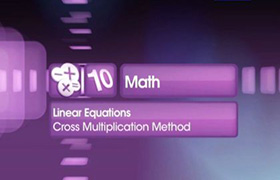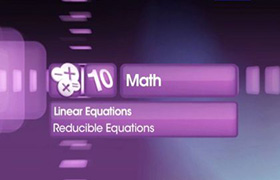CBSE Class 10 Answered
all 4 que are my doubt
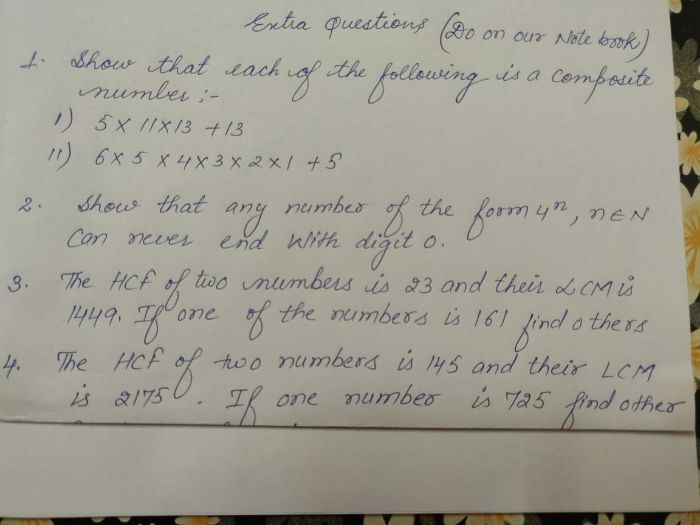
Asked by ranjitkaur112296 | 10 Apr, 2020, 15:28: PM
1.
i) 5 x 11 x 13 + 13 = 13(5 x 11 + 1) = 13(55 + 1) = 13 x 56 = 13 x 7 x 8
It is a composite number as it has factors other than 1 and itself
ii) 6 x 5 x 4 x 3 x 2 x 1 + 5 = 5(6 x 4 x 3 x 2 x 1 + 1) = 5(192+1) = 5 x 193
It is a composite number as it has has factors other than 1 and itself
2)
If a number is the form 4n
It can be written as (22)n = (2n)2
Square a number has 0 at the end if the number has 0 in it
2n never has 0 at the end
Therefore, (2n)2 will never have 0 at the end.
Hence, the number of the form 4n can never end with the digit 0.
Answered by Renu Varma | 11 Apr, 2020, 20:53: PM
Application Videos
Concept Videos
CBSE 10 - Maths
Asked by dheerrana109 | 22 Jul, 2024, 10:26: AM
CBSE 10 - Maths
Asked by vishwanathhikkalagutti | 17 Jul, 2024, 07:25: AM
CBSE 10 - Maths
Asked by avadheshkumar94 | 13 Jul, 2024, 20:18: PM
CBSE 10 - Maths
Asked by 3ra2231 | 11 Jul, 2024, 20:55: PM
CBSE 10 - Maths
Asked by avadheshkumar94 | 10 Jul, 2024, 10:14: AM
CBSE 10 - Maths
Asked by syashkurun | 08 Jul, 2024, 19:14: PM
CBSE 10 - Maths
Asked by francissaka528 | 08 Jul, 2024, 06:15: AM
CBSE 10 - Maths
Asked by radhe9868017031 | 05 Jul, 2024, 14:10: PM
CBSE 10 - Maths
Asked by naidulokesh892 | 04 Jul, 2024, 20:42: PM

